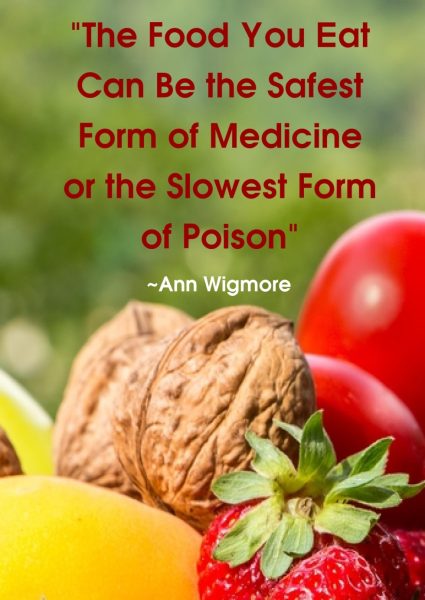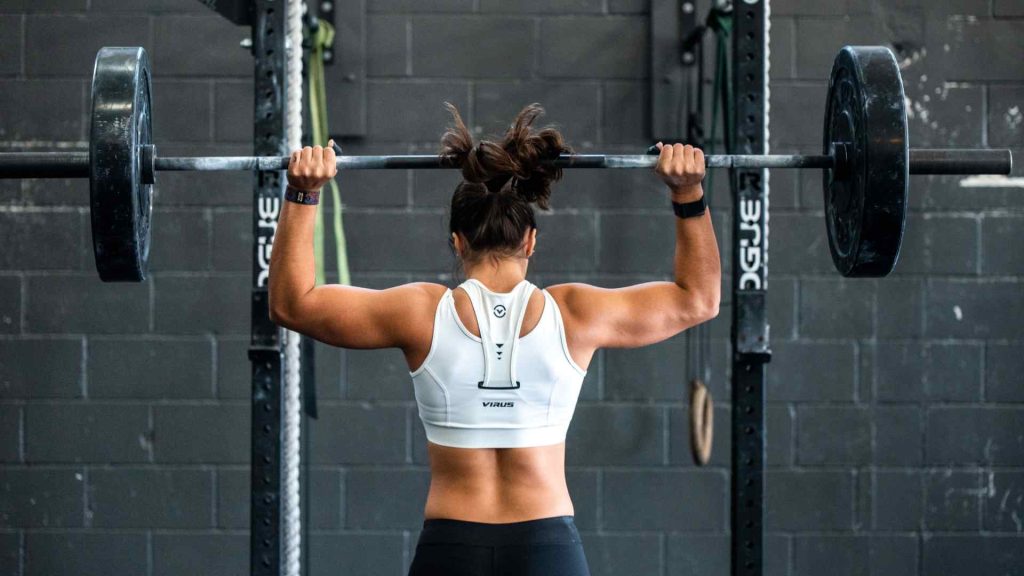
🧬 The Science of Anti-Ageing: How Nutrition Can Slow Down Time
Ageing is inevitable—but how we age
is increasingly within our control.
From the moment we’re born, our cells begin a complex dance with time.
Wrinkles, fatigue, and chronic conditions may seem like unavoidable milestones, but science tells a different story.
Emerging research reveals that nutrition plays a powerful role in slowing biological ageing,
helping us stay vibrant, resilient, and youthful—inside and out.
Let’s explore how food can become your most potent anti-ageing ally.
🔍 What Is Ageing, Really?
Ageing isn’t just about grey hair or fine lines.
It’s a cellular process driven by:
• Telomere shortening:
Protective caps on chromosomes that shrink with each cell division.
• Oxidative stress:
Damage caused by free radicals that accelerates cellular wear and tear.
• Chronic inflammation:
A silent driver of age-related diseases like heart disease, diabetes, and Alzheimer’s.
• Epigenetic changes:
Shifts in gene expression that influence how fast or slow we age.
The good news?
These processes are highly influenced by lifestyle—especially diet.
🥦 Nutrients That Fight Ageing at the Cellular Level
Here’s what the science says about the most effective anti-ageing nutrients:
1. Antioxidants
Combat oxidative stress and protect DNA.
• Found in: Berries, dark leafy greens, turmeric, green tea, dark chocolate.
2. Omega-3 Fatty Acids
Support brain health, reduce inflammation, and maintain skin elasticity.
• Found in: Salmon, sardines, flaxseeds, walnuts.
3. Polyphenols
Boost mitochondrial function and slow epigenetic ageing.
• Found in: Olive oil, red wine (in moderation), cocoa, herbs like rosemary and thyme.
4. Methyl Adaptogens
New research shows these plant-based compounds may reduce biological age.
• Found in: Garlic, turmeric, green tea, oolong tea, berries.
5. Collagen-Boosting Nutrients
Preserve skin structure and joint health.
• Found in: Bone broth, citrus fruits (vitamin C), eggs, leafy greens.
🧠 Genes vs. Lifestyle: Who Wins?
Only 20–30% of ageing is genetic.
The rest? It’s up to you.
Your daily choices—
What you eat.
How you sleep.
How you manage stress—can dramatically influence your biological age.
That’s why nutrition is more than fuel;
it’s a form of cellular communication.
🗓️ Sample Anti-Ageing Meal Plan (Day 1)
Breakfast: Chia pudding with blueberries, walnuts, and green tea
Lunch: Grilled salmon salad with olive oil, avocado, and spinach
Snack: Dark chocolate square + turmeric latte
Dinner: Stir-fried tofu with garlic, broccoli, and quinoa
Evening: Oolong tea + meditation
Want a full 7-day plan or printable guide? Just say the word—I’d be happy to help you build one.

